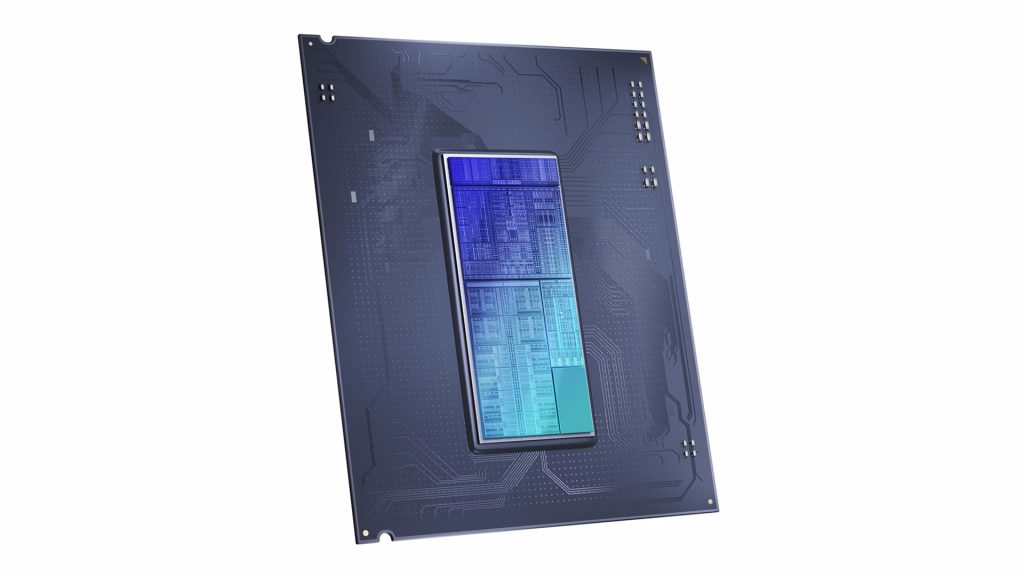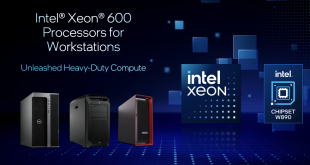The race to the bleeding edge of silicon fabrication is intensifying, and it looks like TSMC is hitting its stride. The Taiwanese foundry giant is reportedly advancing its ambitious plans for high-volume production of its next-generation 2nm process technology, with a significant ramp-up targeted for H2 2024.
Unsurprisingly, major players are already lining up. AMD has already confirmed its intentions, but a report from Trendforce (via TechPowerUp) claims that Intel has also secured a spot among TSMC's initial 2nm customers. While Intel is already a key client for TSMC's advanced nodes, utilising different processes like N3B, N5P, and N6 for compute tiles found in the current Core Ultra 200 series, the latest whispers suggest their 2nm focus might be on the desktop front.
Though official comments from both companies on these specific 2nm orders are scarce, the industry rumour mill strongly hints at cooperation for a component of Intel's rumoured ‘Nova Lake' desktop processor lineup, expected to debut sometime next year. Like the current chips, Nova Lake-S is expected to feature a tile-based design, reportedly comprising two clusters of 8x ‘Coyote Cove' P-cores alongside 16x ‘Arctic Wolf' E-cores, plus 4x LPE cores integrated into a separate SoC tile. Moreover, the upcoming desktop series is expected to be based on a new platform, potentially using an LGA 1954 socket. Leaker ‘Kepler' has previously claimed that low-end Nova Lake chips will be based on Intel 18A, while high-end chips would be based on the TSMC N2 node.
Meanwhile, AMD has been clearer about its adoption of the 2nm node in the high-performance computing space. They've already confirmed that their next-generation EPYC server processor, codenamed ‘Venice', will be among the first high-performance chips fabricated using TSMC's 2nm process. AMD has even gone so far as to validate this critical enterprise silicon at TSMC's cutting-edge Arizona facility, keeping them firmly on track for a planned launch in 2026.
Discuss on our Facebook page, HERE.
KitGuru says: Intel is still finding its footing in foundry but 18A is just around the corner and we expect to hear more about that later this year.
 KitGuru KitGuru.net – Tech News | Hardware News | Hardware Reviews | IOS | Mobile | Gaming | Graphics Cards
KitGuru KitGuru.net – Tech News | Hardware News | Hardware Reviews | IOS | Mobile | Gaming | Graphics Cards



